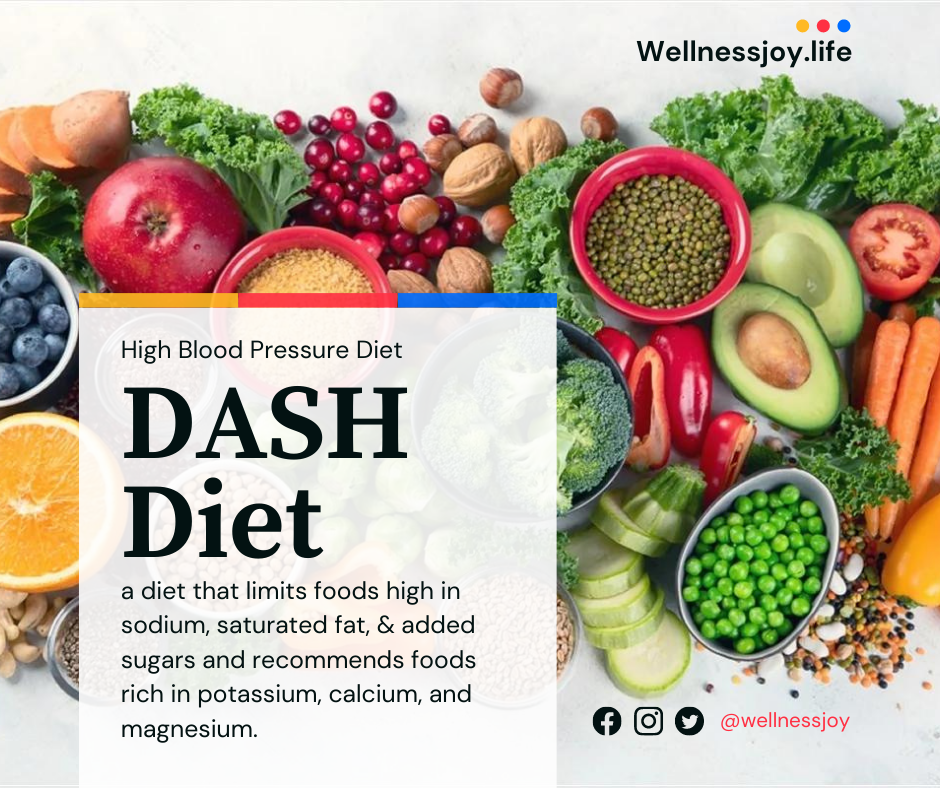
Modern health care must include nutrition management and weight management. According to the NHS one in four UK adults is considered obese. Type 2 diabetes is also a risk from obesity. If not taken care of, this growing health concern can affect the quality of lives of future generations. There are many ways to get your swagger and confidence back.
Understanding your current situation and personal preferences are key steps to weight and nutrition management. You can get help from a qualified professional to achieve your goals. It is possible to maintain a healthy weight and improve your fitness by eating better and exercising more.

Taking note of the foods you consume, as well as your body's cues to signal hunger, will be a key part of any healthy and weight-management plan. Consider what you eat and how many calories it contains to determine the best portion size. This information can help to make informed decisions and avoid overeating.
It is important to make small adjustments to your routine in order to manage your weight. One good rule of thumb is to eat smaller portions throughout the day. You might also want to look into introducing a daily workout into your routine. While you are there, look at the nutritional information on the food you are about the to eat. This will make it easier to determine the right amount of nutrients and save you the trouble of calculating the right portion.
Numerous health benefits can be derived from better nutrition. Improved nutrition can not only improve your fitness and concentration but also boost your self-confidence. Several studies have shown that people with high levels of self-esteem and happiness are more likely to make positive health decisions and have fewer negative ones. Your body can be affected by diet deficiencies. One recent study showed that obese and overweight kids are more at risk of developing heart disease than children who are healthy weights. You can improve your health by focusing on nutrition and weight management.

Keep these tips in mind: Eat slowly and mindfully; take advantage of the benefits of regular exercise; and enjoy your food. A food journal can help you distinguish the good from bad foods and improve your health.
FAQ
How do I find out what's best for me?
Listen to your body. Your body knows what you need when it comes time to eat, exercise, and get enough rest. To avoid overdoing it, it's important that you pay attention to what your body is telling you. You must listen to your body to ensure you are healthy.
Why do we need to have a healthy lifestyle?
Healthy living can lead to a longer and happier life. Healthy eating habits, regular exercise, healthy sleep habits, stress management, and good sleep habits can help to prevent heart disease, stroke, diabetes, cancer, and other serious diseases.
A healthy lifestyle will improve our mental well-being and help us deal better with everyday stresses. A healthy lifestyle will increase self confidence, and it will make us feel younger.
What are the 7 keys to a healthy, happy life?
-
Make sure you eat right
-
Exercise regularly
-
Good sleep
-
Drink lots of water
-
Get enough rest
-
Happy!
-
Smile often
What is the problem?
BMI stands For Body Mass Index. It is a measurement of body mass based on height and/or weight. Here is how to calculate BMI using the following formula.
Weight in kilograms divided by height in meters squared.
The result can be expressed as a number, ranging from 0 through 25. A score of 18.5 or higher indicates overweight, while a score of 23 or higher indicates obesity.
A person who is 100kg and 1.75m tall will have a 22 BMI.
How can weight change with age?
How can I tell if my bodyweight changes?
When there is more muscle mass than fat, weight loss can occur. This means that the amount of calories consumed must exceed the amount of energy used daily. Reduced activity is the leading cause of weight gain. Other reasons include poor eating habits, stress, hormone imbalances, certain medications and illness. If there is more body fat than muscle mass, then weight gain can occur. This happens when people consume more calories than they burn during the day. Overeating, increased physical activity and hormonal changes are all common reasons.
The main reason why our bodies lose weight is because we consume fewer calories than we burn. By exercising regularly, our metabolism rates increase which in turn burns more calories during the day. But this doesn't guarantee that we'll lose weight. The important thing is to see if we're losing or gaining muscles. Weight loss is possible if you burn more calories than you consume. But if we're consuming more calories than we're burning, then we're actually storing them as fat.
As we get older, our movement speed slows down and so we move less. We also tend to eat less food than we did when we were younger. As a result, we gain weight. On the flip side, we tend to have more muscle mass so we look bigger than we really are.
Without regularly weighing yourself, it's impossible to determine how much weight has been lost. There are many methods to measure your weight. You can measure your waist, your hips and your thighs. Some people prefer to use bathroom scales while others like to use tape measures.
For a better track of your progress, try to weigh yourself once per week and measure your waistline once every month. You can also take pictures of yourself every few months to see how far you've come.
You can also check your height online to find out how many pounds you have. For example, if you're 5'10" tall and weigh 180 pounds, you'd probably weigh 180 pounds.
Statistics
- In both adults and children, the intake of free sugars should be reduced to less than 10% of total energy intake. (who.int)
- The Dietary Guidelines for Americans recommend keeping added sugar intake below 10% of your daily calorie intake, while the World Health Organization recommends slashing added sugars to 5% or less of your daily calories for optimal health (59Trusted (healthline.com)
- Extra virgin olive oil may benefit heart health, as people who consume it have a lower risk for dying from heart attacks and strokes according to some evidence (57Trusted Source (healthline.com)
- WHO recommends reducing saturated fats to less than 10% of total energy intake; reducing trans-fats to less than 1% of total energy intake; and replacing both saturated fats and trans-fats to unsaturated fats. (who.int)
External Links
How To
27 Steps to a Healthy Lifestyle when Your Family Buys Junk Food
Cooking at your home is one of the easiest ways to eat healthier. This is difficult for people who don't know how to cook healthy meals. This article will offer some suggestions on making healthier choices when dining out.
-
Consider eating at restaurants that serve healthy meals.
-
Order salads, vegetables and meat before placing your order.
-
Ask for sauces made without sugar.
-
Avoid fried foods.
-
Instead of ordering fried meats, request grilled meats.
-
You shouldn't order dessert unless it is absolutely necessary.
-
You should always have something else after dinner.
-
You should eat slowly and chew well.
-
Take plenty of water with your meals.
-
Breakfast and lunch should not be skipped.
-
Every meal should include fruit and vegetables.
-
Drink milk rather than soda.
-
Try to stay away from sugary drinks.
-
Reduce salt intake.
-
Limit how many times you dine at fast food outlets.
-
If you can't resist temptation, ask someone to join you.
-
You should not allow your children to watch too many TV programs.
-
Do not turn on the television while you eat.
-
Do not consume energy drinks.
-
Take regular breaks from work.
-
Get up early in the morning and exercise.
-
Get active every day.
-
Start small and increase your knowledge slowly.
-
Set realistic goals.
-
Be patient.
-
Find time to exercise even if you don't feel like it.
-
Positive thinking is key.